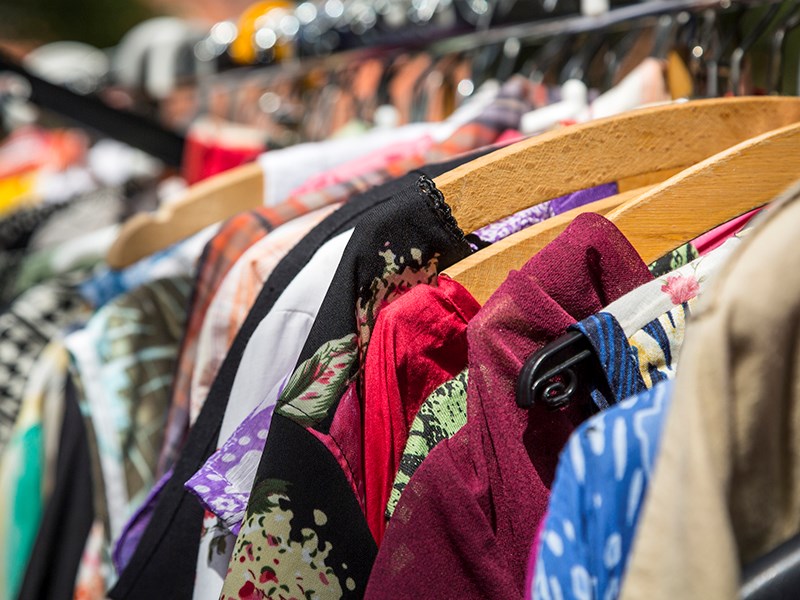Even in our seaside oasis community, we are exposed to messaging encouraging us to believe more is better.
Black Friday sales have crept across the border and fast fashion tempts us to treat clothing almost as if it were single use and disposable. Gone are the days when people had a relationship with their clothing.
We used to buy for quality first and fashion second. We used to know how to repair tears, lost buttons and zippers. Now, it is often easier to replace than fix.
We can soothe our conscience with a visit to the thrift store to drop off outdated or slightly worn items, but what exactly happens to the clothing we discard? Thrift stores offer a rare opportunity to keep things out of the landfill and in circulation. That said, when it comes to clothing and other textiles, there is an underbelly to the story that deserves telling.
An informal survey of local thrift stores several years ago revealed that approximately 12,000 pounds of clothing and textiles were being exported from town every month. This means of all the items donated, there are still many that cannot find a home. They are then shipped either to a Value Village in BC or directly to foreign nations in bulk bales.
Massive amounts of textiles flood the markets of countries such as Kenya, overwhelming its local textile businesses and causing them to shut down. Second-hand clothing is sold at foreign markets, transformed into rags and upcycled, but a great deal of it is still goes into a landfill.
The challenge has been so great that Kenya, Uganda, Tanzania, Burundi and Rwanda have banded together to propose a total ban on the import of all used clothing in order to boost local textile industries.
While donating clothing is a step above adding to a landfill, the reality is many second-hand stores are overwhelmed with textiles, paid little per pound of clothing sold abroad, and the footprint of used clothing travelling all over the planet is significant.
Here are some ways to do your part to love up the planet and your clothes:
• Donate only good quality items to thrift stores
• Buy quality items that will last
• Avoid emotional shopping
• Shop at thrift stores
• Learn to repair your clothes
• Get crafty and upcycle textiles
• Attend this year’s eCouture Fashion Show to get inspired by local artists
Let’s Talk Trash is Powell River Regional District’s waste-management education program.



